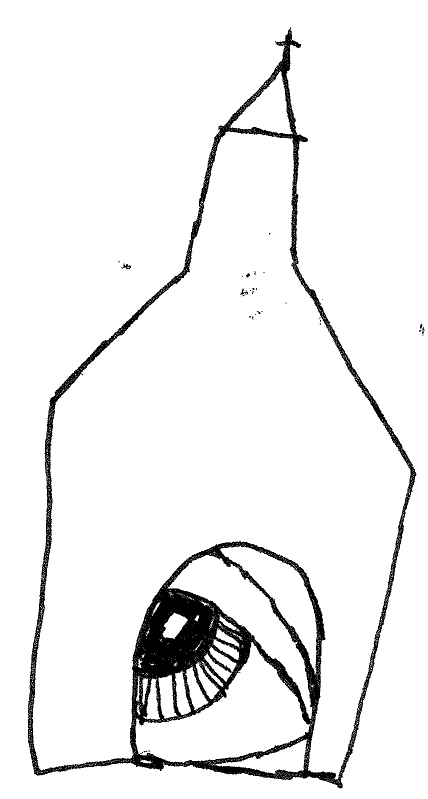Whenever I read or hear the word “woke,” I think of Wyatt Earp. This is not only because, like the legendary lawman, woke is intended to sweep into town, as it were, to purge society of its harms and ills. I associate the term with Earp because the man outlived his actual function as a marshal to become a lucrative caricature of himself in Hollywood, where he advised movie directors like John Ford on movies that turned figures like Earp into outsized symbolic characters who bore no relation to American reality. In similar fashion, “woke” has gone from a term describing a legitimate response to injustice to an all-encompassing abstraction that enables people to comfortably live in, and frequently profit from, a situation that the formless, all-purpose word now actually conceals.
Leave aside the potted histories of woke that reference everyone and everything from Marcus Garvey, to a Scottsboro Boys protest song by Leadbelly, to a speech by Martin Luther King he called “Remaining Awake Through a Great Revolution.” You could add James Baldwin’s homoerotic Christian novel, Go Tell It on The Mountain, a tale that builds to its final epiphany with the peculiar phrase, “the sun came full awake.” The exhortation “stay woke” had a long history by the time it was chanted by members of the Black Lives Matter movement after the murder of Michael Brown by police in Ferguson, Missouri in 2014. But its true roots are more illuminating.
A black friend once recalled for me how his grandmother’s favorite passage from the Bible was this one from the Epistle to the Ephesians: “Wherefore he saith, Awake thou that sleepest, and arise from the dead, and Christ shall give thee light.” The strongest force in black life is still the church, and the church is where the idea of being wakeful, of being “woke,” originated.
To be awake is to be like Christ. He is aware of everything, in and through his suffering. When Pilate asks Christ “What is truth?” you realize that Christ has already embodied the truth by seeing behind the high priest’s disingenuous interrogation. Pilate’s very question is a suppression of the truth. Being woke, by contrast, is bringing truth into the light. It bursts the secret of what Richard Wright called “the white death,” referring to the danger-fraught environment in which he grew up in the South during the first decades of the 20th century. But the simple fact is that you cannot be woke in America unless you are black.
